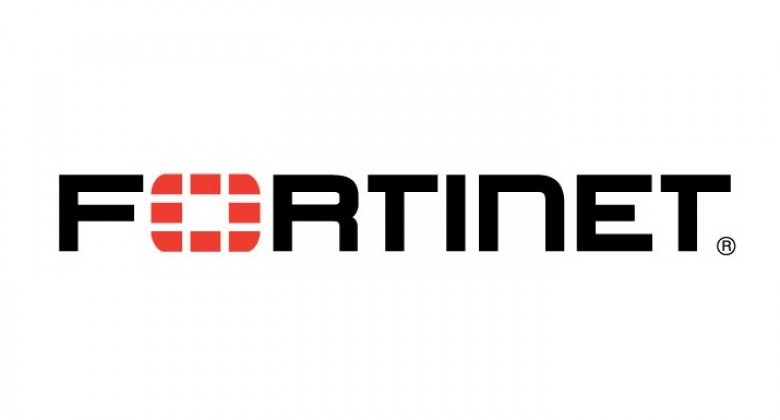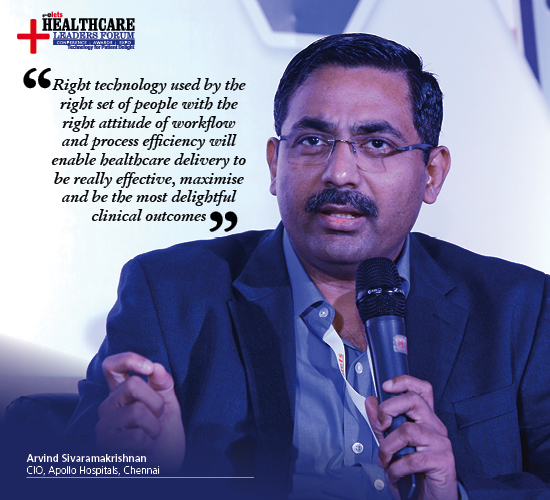In recent years, the acquisition of computer technologies by healthcare organisations has increased substantially. The spending shows an upward tendency, placing the industry as one of the major consumers of ICT products and services. The adoption of ICT is essential for modern healthcare delivery systems if they are to gain greater efficiency, reduce overall healthcare costs and improve patient safety. IT innovations such as computer-based patient records, hospital information systems, computer-based decision support tools, telemedicine and new means of distributing health information to consumers have the potential of improving care delivery. According to Frost & Sullivan’s Senior Consultant Dr. Pawel Suwinski, “The spending on healthcare information systems in Asia Pacific in year 2007 by the healthcare sector was valued at USD 15.50 billion, with advanced IT adopters such as Japan leading the pack. This accounted for 1.5 to 2.3 percent of total healthcare expenditure.” By 2012, it is estimated that healthcare spending will almost double, with developing economies such as India, China and the Southeast Asian countries showing the highest growth potential with a compound annual growth rate (CAGR) of 13.0 to 14.0 percent. “In the next eight to ten years, we will see countries like South Korea, Singapore, Japan, Australia, and Taiwan fully integrated and be connected to the various levels of healthcare infrastructure to ensure time and cost-efficient healthcare delivery”, Dr. Suwinski further elaborates. On the contrary, players in the Healthcare Information Technology (HIT) industry are also balancing their act to cushion the impact of the financial calamity by delaying capital projects, cutting capital and operating budgets, and laying off workers. “While health information technology budgets are not escaping cutbacks, a survey of 144 chief information officers, 27 chief financial officers and vice-presidents of Finance departments at hospitals of all sizes across the country makes it clear that health IT remains a strategic imperative for hospitals”, adds Dr. Suwinski. 2009 and possibly part or all of 2010 will be challenging years for healthcare service providers. Before the hit, hospitals had shown important progress in health IT adoption, and for now, many of these initiatives are funded and moving forward. Healthcare IT is no longer a ‘nice to have’ additions for their operations. It is a strategic priority for hospitals to deliver safer, higher quality and more cost-effective care, thus enabling hospitals to stay competitive. Some hospital utives see this as the time to invest in IT initiatives that will deliver direct and quantifiable savings to their organisations.

Be a part of Elets Collaborative Initiatives. Join Us for Upcoming Events and explore business opportunities. Like us on Facebook , connect with us on LinkedIn and follow us on Twitter , Instagram.









